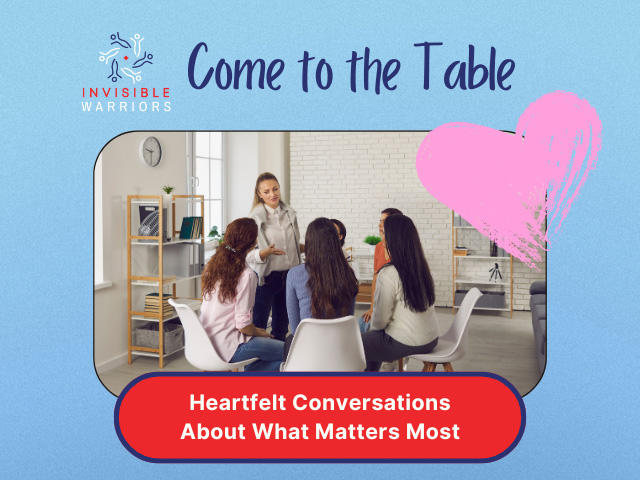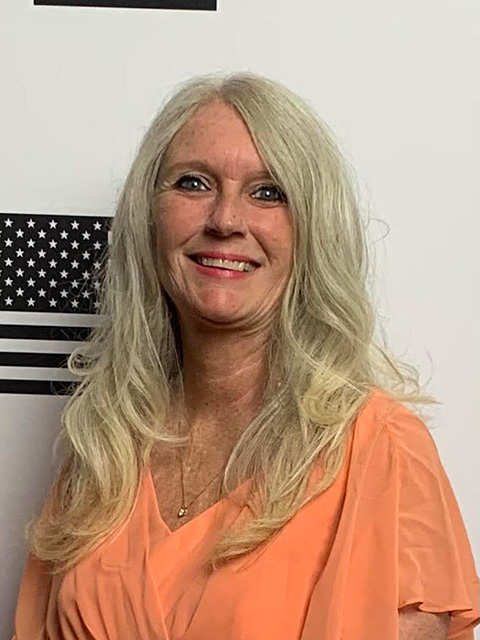
River Region Veterans Coalition RRVC
River Region Veterans Coalition (RRVC)
Recently, Invisible Warriors was pleased to be included in the formation of a new organization serving veterans in Alabama called River Region Veterans Coalition (RRVC). We believe that collaborating with other organizations serving veterans, especially women, is the best way to ensure their needs are met. We plan to continue to stay involved with RRVC and align with more organizations in the future so as to be a hub of information and resources for military women, both active duty and veterans.
Here is an excerpt from the article:
MONTGOMERY, Ala. – A diverse group of existing organizations have partnered to form a new “River Region Veterans Coalition (RRVC).” The goal was to form a regional non-profit/apolitical coalition of public and private sector organizations that serve military veterans in the greater Montgomery region, similar to longstanding groups in the regions around Mobile (the South Alabama Veterans Council, SAVC), Birmingham (the Central Alabama Veterans Collaborative, CAVC) and Huntsville (the North Alabama Veterans & Fraternal Organizations Coalition, NAVFOC). All three of those previously-existing regional veterans partnerships have been very helpful in establishing the new RRVC organization.
RRVC has already held meetings in February and March of this year, with local posts/chapters of such veteran service organizations as the Air & Space Forces Association, the American Legion, Disabled American Veterans, the Marine Corps League, the Military Officers Association of America, Veterans of Foreign Wars, and Vietnam Veterans of America in attendance. In addition, government agencies such as the Alabama National Guard and the U.S. Department of Veterans Affairs have participated, as well as such private sector organizations as Bondfire Ranch, the Council on Substance Abuse, Invisible Warriors, Medicare Salute, Operation Iron Ruck, American Red Cross, Sage Health, Veterans Education Training & Support, and the Wounded Warrior Project.
View the full article HERE.
River Region Veterans Coalition RRVC
Invisible Warriors
Want to know more about Invisible Warriors? Sign up for our newsletter to receive regular updates. Contact us HERE. Or click the button below to schedule a meeting with Founder Nancy Becher!






